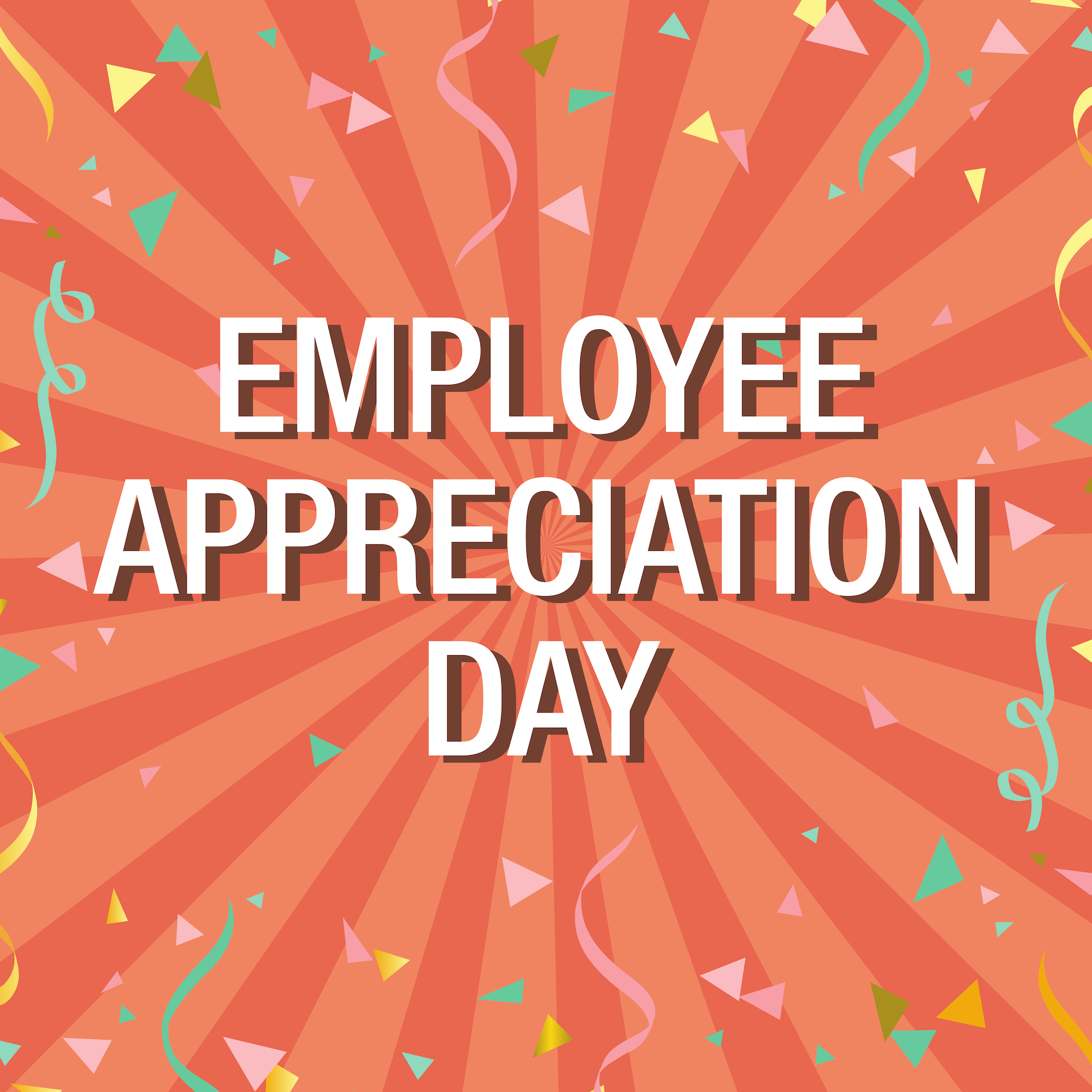
3 min read
There was an interesting article on Forbes.com called “How Junk Science Set HR Back Fifty Years” where the author cites a number of HR “enthusiasms” from the last few decades that she really doesn’t rate and thinks caused more damage and harm than good. “360-degree feedback” is first in her cites, in particular the anonymous nature of it and the damage to culture and trust that it created.
It got me thinking about whether feedback should be anonymous or not, and it’s a subject we’ve discussed several times internally here at Reward Gateway.
I know from experience that doing an anonymous employee survey, you will get a higher response rate than if you do one that is not anonymous.
In any business or culture there are just some people who are quite cautious or shy and don’t want to respond with their name attached, and in some businesses there is a worry--real or perceived--that honest feedback could get repercussions.
We’ve run many surveys, pulse surveys and big employee surveys from time to time that have been heralded as anonymous or not and the anonymous ones we’ve made a big thing about that. But I’ve often really worried and wondered if it is the right thing to do.
 The first problem is that it strips away context --if your demographic metadata isn’t good enough on the survey you’re simply left unable to react. There’s nothing worse than asking people what they think and then not acting on it, but if it’s anonymous and you don’t know specifically enough what part of the business or project the person is working on then you don’t know where to go to find out more or do anything to try to help.
The first problem is that it strips away context --if your demographic metadata isn’t good enough on the survey you’re simply left unable to react. There’s nothing worse than asking people what they think and then not acting on it, but if it’s anonymous and you don’t know specifically enough what part of the business or project the person is working on then you don’t know where to go to find out more or do anything to try to help.
And I also worry that sometimes it might create the wrong behaviour--it can seem, and I hope this isn’t too strong a word--cowardly to not put your name to an honest opinion.
One of the Reward Gateway values is Speak Up and when I read the “RG Standard” we set against that value in our Culture Book then it’s quite clear:
“RG People are sharp, insightful and speak their mind. They discuss, debate, share views, listen, and develop their position. They are confident, but never bullish.
Their passion for the best outcome means that they don’t always agree but they respect diversity, differences and decisions made after debate. They give feedback freely and take feedback gracefully.”

So I feel overall I think that the best outcome is to try to create a workplace centred on trust and safety where people can speak up, give their honest feedback and give freely knowing it might be accepted, loved, ignored or rejected but it’s important that its given anyway. I know that can be a stretch in some workplaces and even in ours. I’d be kidding myself if I thought we’d get a 100% score on people feeling they can speak freely; it isn’t that easy.
I do think Anonymous feedback has a small role to play in the overall feedback picture. We like Glassdoor very much and the feedback we get there is totally anonymous but gives us some unique angles we don’t see elsewhere. But I think overall most of your feedback should be attributable, it’s the only way you can discuss things openly and attempt to get to resolutions and changes.
So I guess I’m probably with Liz Ryan, at least on this aspect.

 Glenn Elliott
Glenn Elliott



